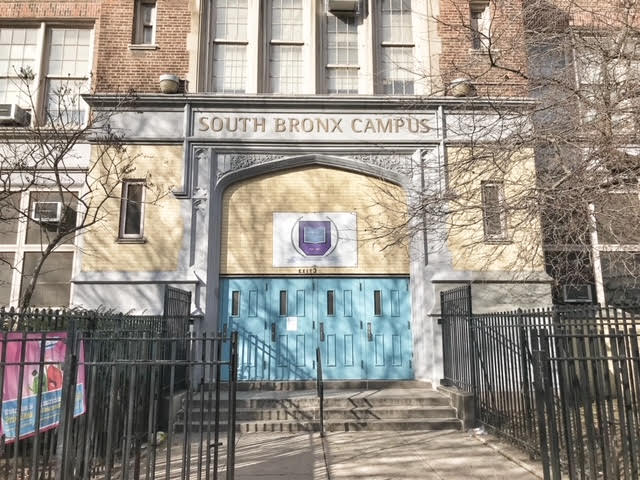
December 17, 2020 COVID-19 vs. CLASS-2021 (Blog Post #6)
One would think senior year represents a time filled with excitement as students prepare for their transition from high school into the real world. For some, employment opportunities await as others deal with the rigorous process of college applications.
The importance of parents and teachers during the college application time period is sometimes overlooked but without their guidance many students are left to fend for themselves. The thought of selecting a career, a school, and understanding the complex financial aid process can be daunting to students who lack the support of parents, teachers, or counselors.
Enter the age of COVID.
As seniors spend their last year learning remotely, the crucial support for college preparation hangs from a thread. While the country battles against the pandemic, seniors are struggling with the new norms of education— virtual classrooms, no social interactions, and fleeting interest from an isolated corner of their bedrooms.
I reflect on my days as a senior in high school, the excitement and the festivities, but also acknowledging the perplexing experience felt in the process of applying for college. Not only did I attend a poorly funded high school in the South Bronx, but my experience with the school’s staff, in regard to support and preparation, was subpar. That was during a pandemic-free era when underprivileged seniors suffered from a lack of resources due to the unfair allocation of funding to schools in underserved communities. Seniors in those communities continue to suffer today for those exact reasons, the only difference now is that it is coupled with COVID-19.
Interestingly enough, seniors today are expected to not miss a beat with their course load and college preparation as it’s all being done remotely. Yet with limited access to tutors and counselors, and pressing deadlines approaching are we considering the effects this raging pandemic is having on a student’s mental health?
Recent reports suggest national undergraduate enrollment is down compared to years prior due to COVID. The nation is overwhelmed with tragedy and daily reminders of death; therefore, these outcomes aren’t as shocking as one would normally think. In today’s world, even the most hardened adults are having difficulties with coping and planning for the future.
Teenagers who sought comfort and support within school walls find themselves navigating unexplored grounds. Plucked from their social networks and mandated to quarantine— this course of action can worsen existing mental health problems in adolescents and increases the risk of future mental health issues.
A recent conversation with my teenage daughter’s friend spoke clearly to the matter seniors are faced with today. “I want to go to college, but I don’t have much help when it comes to the whole application process. I planned on studying marketing because I wanted to start a food truck business in the Bronx and eventually open my own restaurant, but I don’t think that’s the best idea now.” It’s a familiar tone of uncertainty that blankets our cold reality.
As the trust in government and city officials decline, the fear and anxiety of contracting COVID-19 heightens. It’s like an ongoing roller coaster we’re desperately waiting to get off of. Up then down. Up again, then down— yet again. While our world endures the onslaught of the pandemic, the idealistic views of seniors are put to the test. A stage of vulnerability is introduced triggering complex trauma as the world grieves together.
As employees are laid off and others furloughed, the need for government assistance increases. Students are witnessing their parents struggle and their exposed communities battle a virus with no immediate remedy in sight. It’s no surprise stress-related disorders like depression and substance abuse are escalating within seniors in high school.
They are all exhausted!
Enrollments are down but anxiety levels are climbing. As a student’s focus fades, depression deepens its roots sprouting thoughts of uncertainty and doubt about their future. A desperate need for seniors to connect with diminishing resources may attribute to their decisions of dealing with grief in a negative manner in pursuit of an escape.
We are all exhausted!
As the nation works to flatten the curve, the long-lasting effects of the pandemic remain to be seen. Only time will tell whether the ambition of this senior cohort was flattened along the way.

Sorry, the comment form is closed at this time.